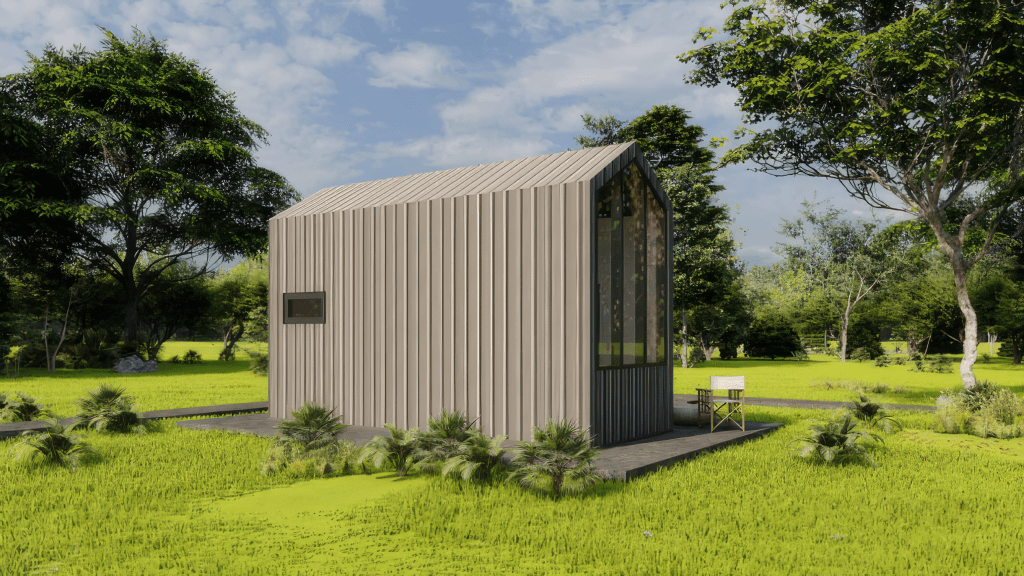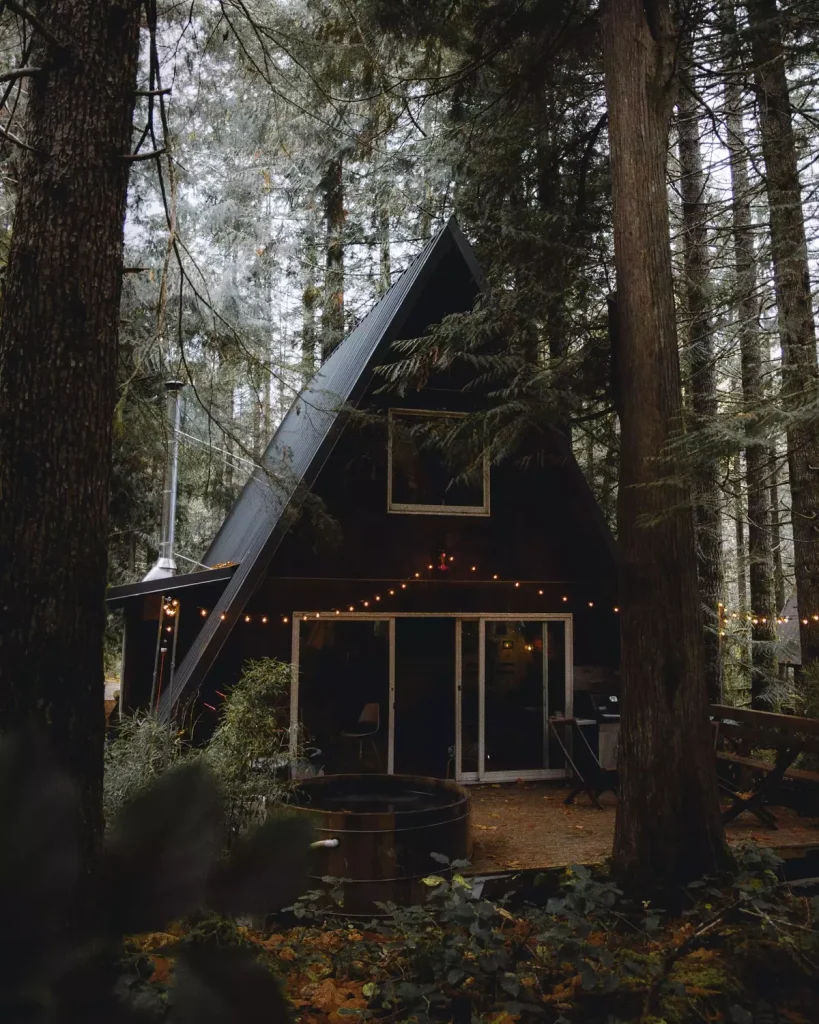In the modern era, awareness of environmental impact and the importance of sustainable construction has significantly grown. Modular homes have become one of the most promising options for those seeking sustainable architectural solutions. This approach to construction offers innovative opportunities to combine design and energy efficiency in creating environmentally friendly homes.
1. Efficient Material Usage
Modular homes stand out for their efficient approach to material usage. This efficiency comes from the fact that home modules are manufactured in factories where the exact quantity of materials required for each project is strictly controlled. This precise process minimizes waste and maximizes resource utilization, thereby contributing to reduced environmental impact and lower construction costs.
2. Advanced Insulation
Modular homes are characterized by their high-quality insulation, providing a comfortable living environment while contributing to energy efficiency. This advanced insulation involves quality materials and modern technologies that minimize heat loss in winter and keep interiors cool in summer. By ensuring optimal temperatures throughout the year, modular homes enhance comfort and significantly reduce heating and cooling costs, positively impacting utility bills.
3. Use of Renewable Energy Sources
Modular homes are ideal for integrating renewable energy sources such as solar panels or wind turbines. Through smart design, these homes can make the most of solar energy or local wind resources. As a result, homeowners have the opportunity to generate their electricity sustainably, reducing the home’s carbon footprint. This energy independence not only leads to significant long-term savings but also provides an eco-friendly solution that supports the environment.
4. Customization and Adaptability
Modular homes offer remarkable flexibility in terms of design and customization. These homes can be adapted to meet individual needs and preferences, from the exterior facade to interior layouts. Homeowners have the freedom to choose finishes, materials, and configurations that align with their lifestyles and personal tastes. High levels of customization make modular homes an attractive option for those seeking a unique and tailored dwelling.

5. Energy Consumption Monitoring
Today’s technological advancements provide modular homeowners with significant opportunities to manage and optimize their energy consumption. This entails careful energy usage monitoring and the ability to adjust climate and lighting systems to maximize energy efficiency. This technology not only results in substantial savings on utility bills but also contributes to reducing the home’s carbon footprint, aligning with environmental and sustainability goals.
6. Reduced Environmental Impact
Modular homes can play a significant role in conserving and protecting natural ecosystems. By adopting eco-friendly construction technologies and materials, these homes contribute to minimizing their environmental impact. In doing so, they become an integral part of efforts to maintain the natural balance and conserve valuable natural resources, paving the way for a more sustainable and prosperous future for current and future generations.
7. Durability and Longevity
Modular homes are built with a strong focus on durability and longevity. Their robust structure and high-quality materials are key factors ensuring that these homes will offer high levels of comfort and functionality for many decades. Thus, investing in a modular home is not only a smart choice for the present but also a strategic decision for a prosperous future.
Modular homes provide significant opportunities for sustainable architecture. They allow homeowners to benefit from energy efficiency, sustainable materials, and customization, creating homes that blend modern comfort with environmental consciousness. With growing awareness of environmental issues, modular homes are increasingly favored as solutions for the sustainable architecture of the future.









